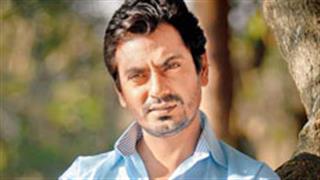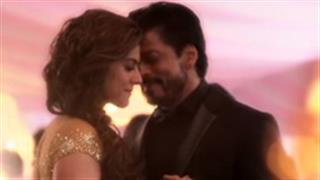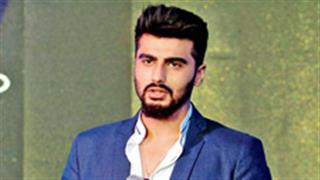Sooraj Barjatya, 50, has unconditional love for everyone and he can cry seeing goodness. He is honest, soft-spoken, pure and spiritual.
In today's film world, where a single successful film corrupts a director, he has managed to believe and invest in his kind of cinema over 27 years. Ahead of his Diwali family entertainer Prem Ratan Dhan Payo, he talks to Bombay Times about his love for his father Rajkumar Barjatya, his learnings from his failure and what makes Salman Khan the best person he knows. Excerpts:
How did you become a filmmaker?
We are a conservative Marwari family with origins from Kuchaman in Rajasthan, but I am born and brought up in Mumbai. My grandfather Tarachand Barjatya started as a distributor of films even before 1947 and then turned producer in the 60s that my father took up. I have two uncles (my father's older and younger brothers) and so I had the luxury of being brought up by three fathers. I remember going to school in Prep for the first time and being asked, 'What is your father's name?' I didn't know who to name because for me, all three of them were my fathers. And that's the security that comes out in my films. I saw my father as a producer struggle with his directors, who would not be able to give him the passion he wanted as a filmmaker, and I wanted to give him that one film that he could be proud of as a producer. It was my good fortune that I worked as assistant to Mr Mahesh Bhatt in Saaransh when I was 19 and that taught me filmmaking. He told me, 'If you want to make a film, start writing', and that's when I started writing my films. While Rajshri Productions had made hit films in the past, this was a low phase as video tapes had come in, that badly affected the business of family-oriented films as families would sit at home and watch them on video. I then made my first filmMaine Pyar Kiyain which we put all the money we had and that became a big hit.
Who do you love the most in the world?
My father and me are not expressive to each other and hardly speak about our feelings, but I love him the most in the world. I know that he is always there for me despite my failures. He gives me all my stories and despite that, he allows me to take credit for all that he does also. The only story amongst the ones I directed that I chose myself wasMain Prem Ki Diwani Hoon, which didn't do well. He knows as a filmmaker what I can do best. He always wanted to become a director himself, but he was too shy, so possibly what he likes the most about me is that I am able to write. He always respects the writer in me more than the director in me. He has a temper, so he likes the fact that I don't lose my temper and am patient. I think though he would like me to be a little more selfish and to think a little more about myself and less about others.
Have you faced failure?
I have been very fortunate to always have had the luxury of emotional security and good wealth but my lowest phase, that was also my biggest learning, was at the time of failure ofMain Prem Ki Diwani Hoon. That's the only film I made keeping in mind what works but it failed. MF Husainsahabhad seenHum Aapke Hain Koun75 times and he sawMain Prem Ki Diwani Hoonand said, 'What have you made?' and that's when I realised that I had failed. That's also what made me learn that you have to have the courage to make what you want to and what you believe in as against what you should and I madeVivah, whose success is now taking me beyond.
Sooraj Barjatya: There is no better natural actor and person than Salman Khan
Tuesday, November 10, 2015 13:19 IST





















